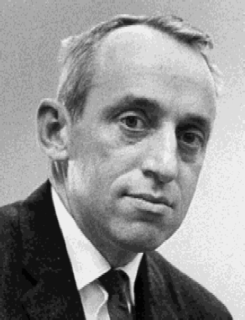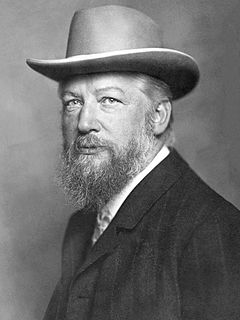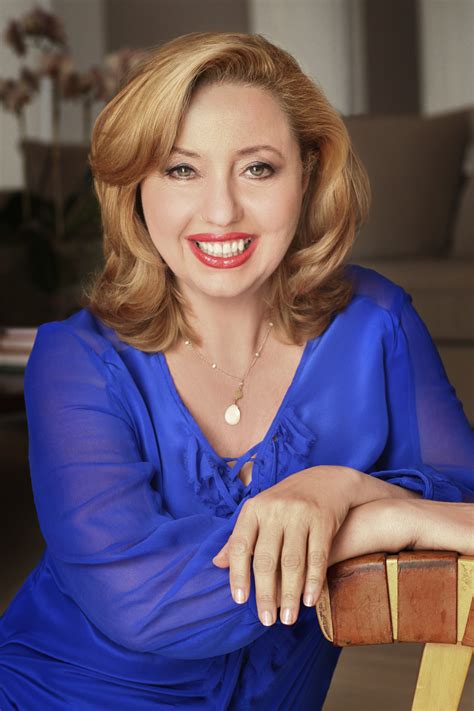A Quote by Konnie Huq
Economics is a good degree to have but the subject is very theoretical at Cambridge and I found it frustrating that you can't apply a lot of the models to particular circumstances.
Quote Topics
Related Quotes
My mother found a way out of a little one-bedroom apartment in Athens, Greece to bring Arianna to Cambridge to study economics and bring me to the Royal Academy in London with very few financial resources and no connections. She didn't know anybody in England, but she found a way. Her love for her daughters and seeing what they could be, motivated her and gave her the chutzpah, the courage, to break down barriers. When you have the motivation of love, you will find the way.
I am because the Chinese have agreed - entered into this agreement in 1997. It sets out the circumstances in which the release of a prisoner who is the subject of a transfer may occur in exceptional circumstances. So the Chinese, having agreed to those principles, I'm sure have no objection to them being applied in this particular case.
Trickle-down economics - it didn't work. The whole idea was supply-side economics: give rich people a lot of money; they'll spend it, it'll go into the economy. Here's what we found out - rich people, really good at keeping all the money. That's how they got rich. If you want it in the economy, give it to the poor people. You know what they're really good at? Spending all their money.
Frequent elections are unquestionably the only policy by which this dependence and sympathy can be effectually secured. But what particular degree of frequency may be absolutely necessary for the purpose, does not appear to be susceptible of any precise calculation; and must depend on a variety of circumstances with which it may be connected. Let us consult experience, the guide that ought always to be followed, whenever it can be found.
In 1922, I got a small stipend from the Swedish-American Foundation and went to Cambridge, England, for a few months and thereafter to Harvard University. In the summer, Cambridge was rather empty, but I am grateful for many pleasant talks about economics with Austin Robinson who, in the summer of 1922, seemed to be about as lonely as I was.


































